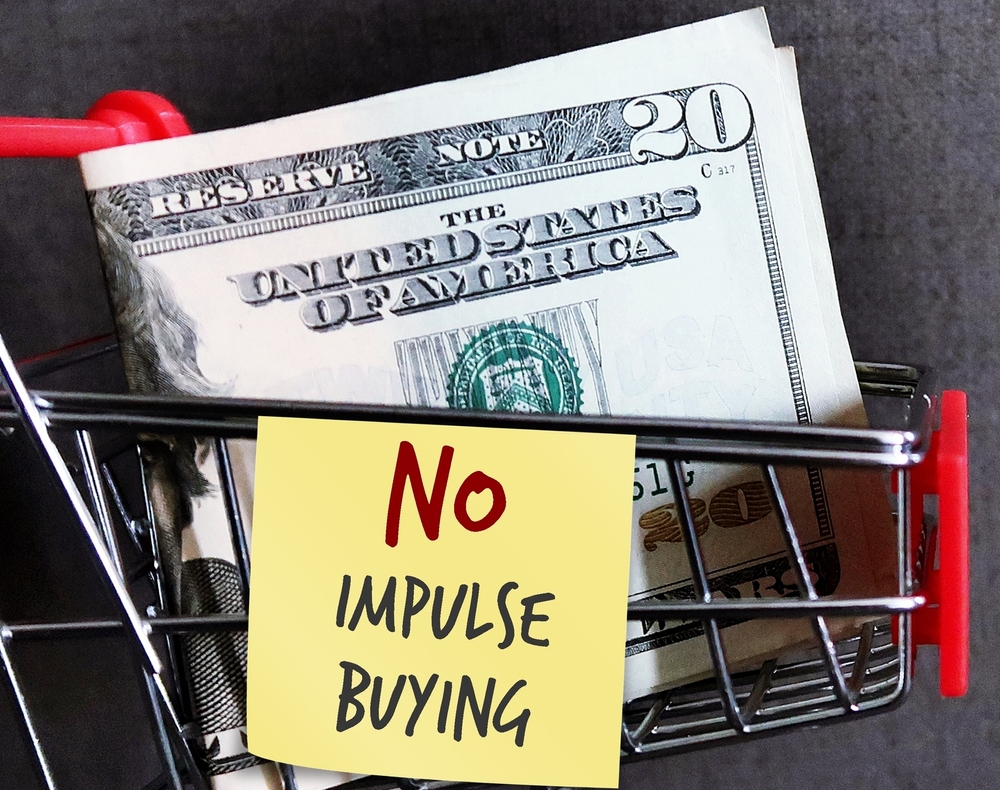No Spend November is a financial challenge designed to limit spending on anything beyond essentials like rent, groceries, healthcare, bills, and gas. It encourages participants to resist holiday-season spending temptations and avoid debt, according to consumer finance expert Andrea Woroch.
How Does the Challenge Work?
Participants commit to avoiding discretionary spending for a month to build savings or reduce wasteful purchases. Budgeting expert Bobbi Rebell emphasizes that rules can vary, with exceptions often made for holiday gifts or planned activities.
Potential Downsides of No Spend November
While the challenge has benefits, it comes with drawbacks:
- Emotional Impact: Financial planner Bobbi Rebell compares it to a crash diet, noting feelings of deprivation that might lead to post-challenge overspending.
- Social Isolation: Avoiding discretionary spending may mean skipping social events, leading to feelings of loneliness, especially during the holiday season.
- Missed Opportunities: Participants could forgo once-in-a-lifetime experiences or valuable Black Friday deals.
- Holiday Stress: Delaying holiday shopping can lead to inventory issues, shipping delays, and increased financial strain in December.
Benefits of No Spend November
Despite its challenges, No Spend November offers several advantages:
- Boost Savings: It’s an effective way to cut unnecessary expenses and bolster financial reserves.
- Increase Financial Awareness: The challenge helps participants identify essential expenses and rethink spending habits.
- Debt Prevention: Avoiding impulsive holiday purchases can help those in debt steer clear of additional financial burdens.
- Mindful Spending: By pausing nonessential purchases, individuals can make more intentional financial decisions.
Finding Balance During the Challenge
Experts suggest alternatives to a strict No Spend November:
- Low Spend November: Focus on reducing spending in one or two categories rather than cutting out all discretionary purchases.
- Shorter Challenges: Try a no-spend week or commit to three no-spend weeks out of the month.
- No-Spend Days: Designate one day per week to pause spending.
Tailoring the Approach
A consistent and realistic strategy is key to success. Financial education programs like Ally’s Money Roots can help participants better understand their spending habits and adopt mindful financial practices.
No Spend November offers an opportunity to reset spending habits, but flexibility and mindfulness are crucial. Whether participants opt for a full challenge or a modified approach, the goal remains to align spending with personal financial values and goals.
.







